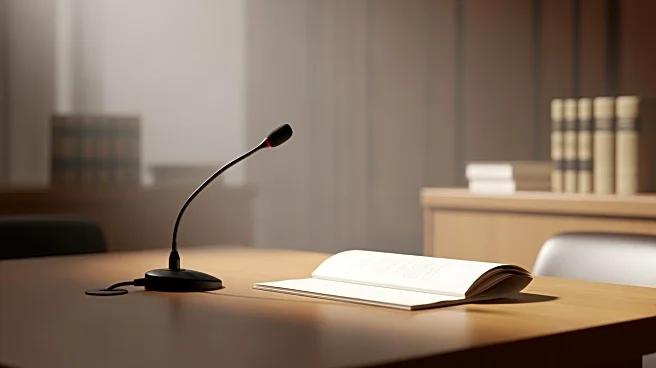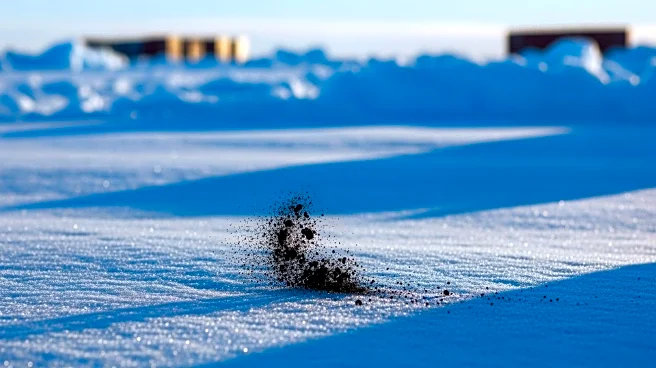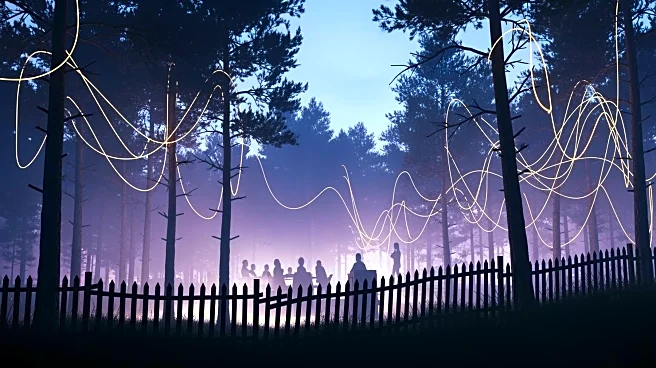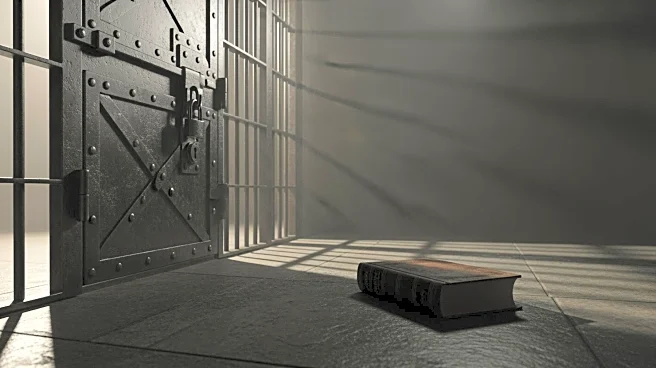Rapid Read • 8 min read
Vladimir Putin has been a dominant figure in Russian politics since 2000, holding power longer than any Kremlin leader since Joseph Stalin. His leadership has been marked by a centralized and authoritarian approach, with significant actions including the annexation of Crimea and the ongoing conflict in Ukraine. Putin's rise to power was facilitated by his rapid promotions within the Russian government, culminating in his appointment as acting president by Boris Yeltsin in 1999. Since then, he has maintained a firm grip on power, eliminating political opposition and consolidating control over Russian media and political institutions.
AD
Putin's leadership has had profound implications for both Russia and the international community. Domestically, his tenure has seen the erosion of democratic institutions and the suppression of political dissent, raising concerns about human rights and the rule of law in Russia. Internationally, Putin's actions, particularly in Ukraine, have strained relations with Western countries and led to economic sanctions against Russia. These developments have contributed to a new era of geopolitical tension reminiscent of the Cold War, affecting global security and economic stability.
As Putin begins his fifth term, the international community is closely watching his next moves, particularly in relation to Ukraine and Russia's foreign policy. The potential for further conflict or diplomatic engagement remains uncertain, with significant implications for global peace and security. Domestically, the Russian populace and political observers are keen to see how Putin will address economic challenges and public discontent, which could influence his ability to maintain power in the long term.
Putin's leadership style and policies have sparked debates about the future of democracy and governance in Russia. His emphasis on a strong state and centralized control reflects a broader trend of authoritarianism that challenges liberal democratic values. This raises questions about the resilience of democratic institutions in the face of authoritarian governance and the role of international actors in promoting democratic norms.
AD
More Stories You Might Enjoy










